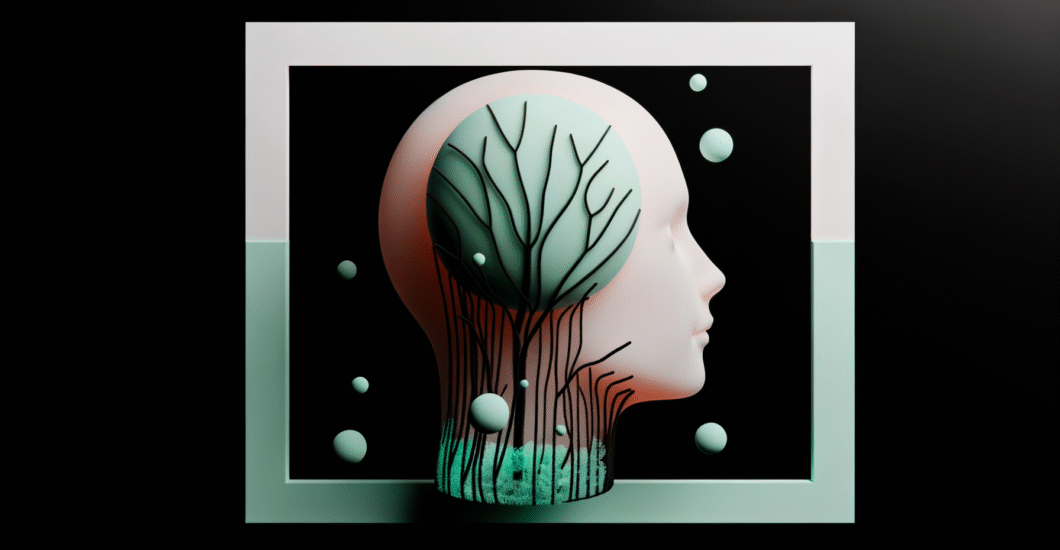Here’s a brain-bender: What if building better AI isn’t about more code, but more Shakespeare? Spoiler: The Alan Turing Institute thinks so!
- Humanities Are Key to the Future of AI Through Cultural Understanding
- The Homogenization Crisis: When All AIs Think Alike
- From Numbers to Narratives: The Literary Turn in AI
- Building Bridges: The New Interdisciplinary Frontier
- The Responsibility Revolution: AI for Public Good
- From Theory to Practice: Real-World Implementation
- The Path Forward: Adaptive AI Through Human Understanding
- The Bottom Line: Why This Matters Now
Alan Turing Institute: Humanities Are Key to the Future of AI Through Cultural Understanding
The institute’s researchers have identified a fundamental misunderstanding in how we perceive AI. We’ve been treating it like a calculator when it’s actually more like a very fast, very confused cultural anthropologist. Professor Drew Hemment, who’s leading this charge at the Institute, points out that current AI systems lack interpretive depth—they can mimic understanding without actually grasping meaning, context, or nuance.
Think about it: When ChatGPT writes you a poem about your morning coffee, it’s not experiencing caffeine withdrawal or Monday blues. It’s creating what researchers call “cultural artifacts”—outputs that reflect human expression without genuine comprehension. This revelation has massive implications. Enter the humanities scholars, stage left.
The Homogenization Crisis: When All AIs Think Alike
Here’s where things get genuinely concerning. The Alan Turing Institute has identified what they call the “homogenisation problem”—and it’s a doozy. Most AI systems are built using remarkably similar architectures, trained on comparable datasets, and designed by teams with similar backgrounds. The result? We’re mass-producing digital monocultures.
Imagine if every library in the world only stocked books written by the same five authors. That’s essentially what’s happening with AI right now. The problem is serious, but the humanities offer a crucial antidote to this issue.
From Numbers to Narratives: The Literary Turn in AI
The rise of large language models has fundamentally shifted how we interact with AI. We’ve moved from systems that spit out numbers and classifications to ones that engage in conversations, tell stories, and create content. This isn’t just a technical evolution—it’s a literary one.
The Alan Turing Institute is bridging the gap through innovative research, preparing AI to better understand and generate human-meaningful content. This blend of technical and humanistic perspectives enables more compelling storytelling and meaningful interaction with AI.
Building Bridges: The New Interdisciplinary Frontier
The “Doing AI Differently” agenda isn’t just talk—it’s backed by serious institutional support and funding. The UKRI’s Arts and Humanities Research Council (AHRC) and Canada’s Social Sciences and Humanities Research Council (SSHRC) are organizing international research ‘sandpits.’
This represents a seismic shift in how we approach AI development. Instead of merely incorporating ethics after the fact, the Alan Turing Institute is ensuring that humanities perspectives are baked into AI from the ground up.
The Responsibility Revolution: AI for Public Good
The Alan Turing Institute’s push for humanities integration is about responsibility and public benefit. This isn’t just feel-good rhetoric. AI systems must genuinely serve humanity’s diverse needs and values, especially as they make impactful decisions in critical sectors.
The institute’s emphasis on safe and ethical AI through interdisciplinary partnership offers a roadmap for responsible innovation and building systems that are powerful, fair, transparent, and beneficial to society.
From Theory to Practice: Real-World Implementation
The most encouraging sign that this isn’t just academic hand-waving? Companies like DeepSeek are already hiring humanists to help design their AI models.
This honest collaboration between philosophy PhDs and machine learning engineers signals an industry shift recognizing the need for diverse perspectives. Humanities-informed approaches in various stages of AI design improve systems’ robustness and inclusivity.
The Path Forward: Adaptive AI Through Human Understanding
So what does this mean for the future of AI? The vision suggests more adaptive, culturally aware, and genuinely intelligent systems, aligned with comprehensive human understanding. This is where companies like VALIDIUM come into play.
The practical takeaways for anyone working in AI are clear:
- Diversify your team. Include people with humanities backgrounds.
- Question your assumptions. Identify and challenge cultural assumptions.
- Think beyond metrics. Consider cultural impact and narrative quality.
- Embrace interdisciplinary education. Cross-disciplinary learning enriches expertise.
- Design for interpretation. Build for context and cultural variation.
The Bottom Line: Why This Matters Now
The convergence of humanities and AI represents an exciting frontier in technology, where ancient questions meet cutting-edge capabilities. For those working at the intersection of AI and human needs, the Alan Turing Institute’s insights aren’t just interesting—they’re essential.
Want to explore how adaptive, humanities-informed AI can transform your organization? Connect with us on LinkedIn to learn how VALIDIUM is applying these principles.


